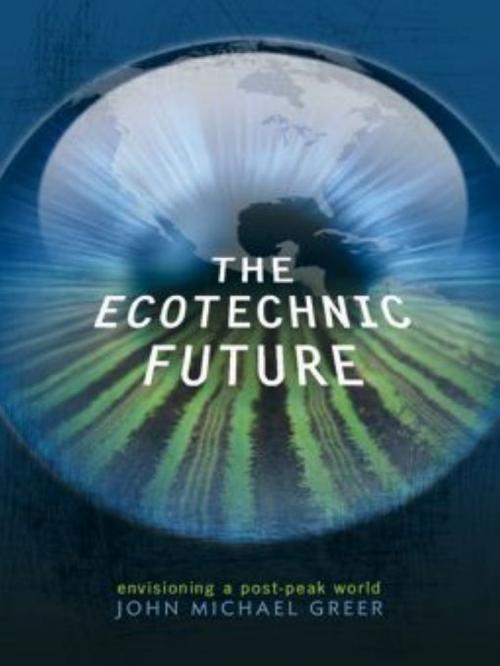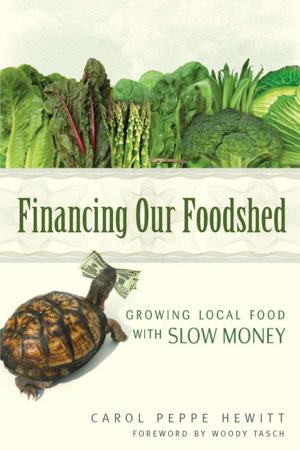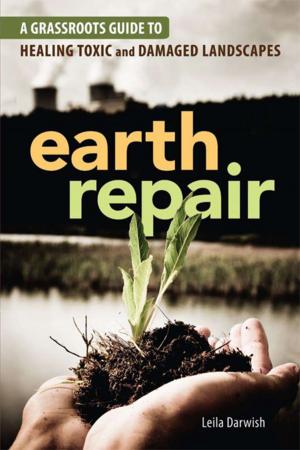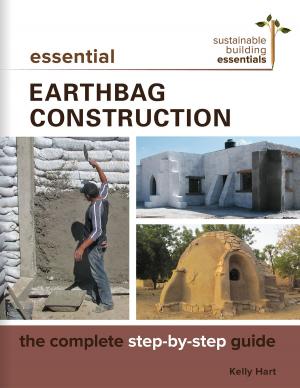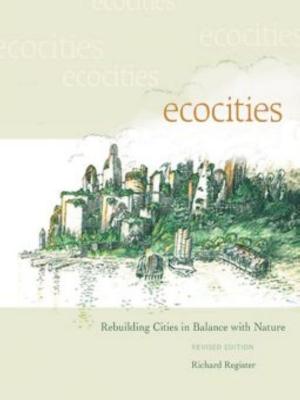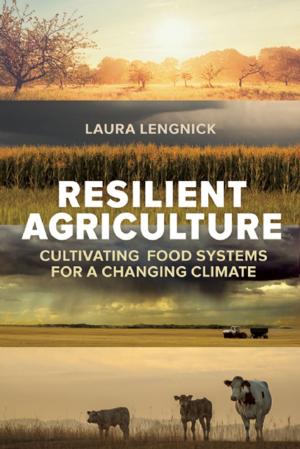| Author: | John Michael Greer | ISBN: | 9781550924398 |
| Publisher: | New Society Publishers | Publication: | October 1, 2009 |
| Imprint: | Language: | English |
| Author: | John Michael Greer |
| ISBN: | 9781550924398 |
| Publisher: | New Society Publishers |
| Publication: | October 1, 2009 |
| Imprint: | |
| Language: | English |
n response to the coming impact of peak oil John Michael Greer helps us envision the transition from an industrial society to a sustainable ecotechnic world - not returning to the past but creating a society that supports relatively advanced technology on a sustainable resource base.Fusing human ecology and history this book challenges assumptions held by mainstream and alternative thinkers about the evolution of human societies. Human societies like ecosystems evolve in complex and unpredictable ways making it futile to try to impose rigid ideological forms on the patterns of evolutionary change. Instead social change must explore many pathways over which we have no control. The troubling and exhilarating prospect of an open-ended future he proposes requires dissensus - a deliberate acceptance of radical diversity that widens the range of potential approaches to infinity.Written in three parts the book places the present crisis of the industrial world in its historical and ecological context in part one; part two explores the toolkit for Ecotechnic Age and part three opens a door to the complexity of future visions.For anyone concerned about peak oil and the future of the industrial society this book provides a solid analysis of how we got to where we are and a practical toolkit to prepare for the future.
n response to the coming impact of peak oil John Michael Greer helps us envision the transition from an industrial society to a sustainable ecotechnic world - not returning to the past but creating a society that supports relatively advanced technology on a sustainable resource base.Fusing human ecology and history this book challenges assumptions held by mainstream and alternative thinkers about the evolution of human societies. Human societies like ecosystems evolve in complex and unpredictable ways making it futile to try to impose rigid ideological forms on the patterns of evolutionary change. Instead social change must explore many pathways over which we have no control. The troubling and exhilarating prospect of an open-ended future he proposes requires dissensus - a deliberate acceptance of radical diversity that widens the range of potential approaches to infinity.Written in three parts the book places the present crisis of the industrial world in its historical and ecological context in part one; part two explores the toolkit for Ecotechnic Age and part three opens a door to the complexity of future visions.For anyone concerned about peak oil and the future of the industrial society this book provides a solid analysis of how we got to where we are and a practical toolkit to prepare for the future.
